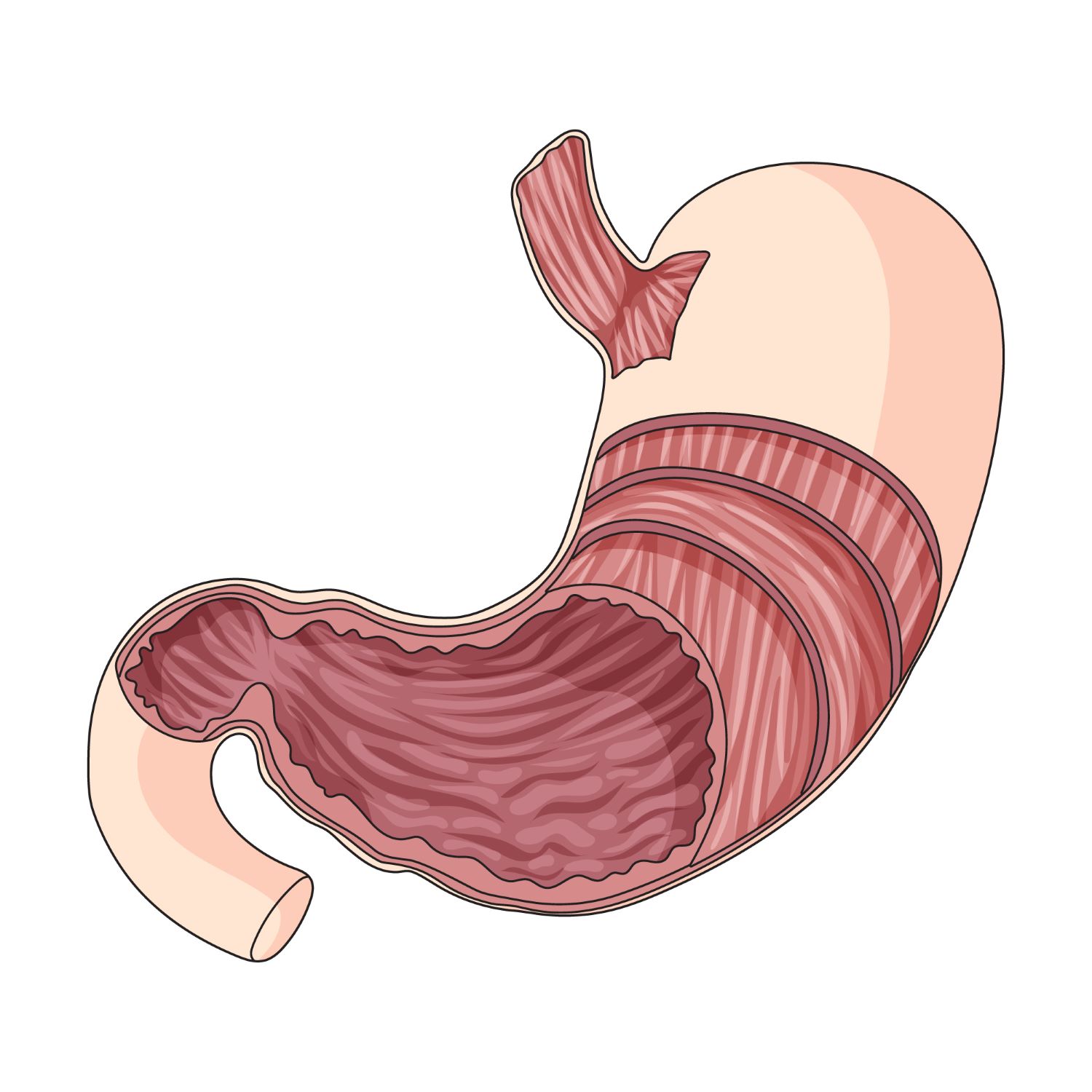Gastroenterology

Gastroenterology involves the study of the digestive system and its disorders. Common gastrointestinal (GI) diseases include indigestion (dyspepsia), acid reflux (GERD), irritable bowel syndrome (IBS), constipation, diarrhea, and inflammatory bowel diseases (IBD) like Crohn’s disease and ulcerative colitis. These conditions can result from various factors such as poor diet, stress, infections, and lifestyle habits, leading to symptoms like abdominal pain, bloating, altered bowel habits, and digestive discomfort.
In Ayurveda, the digestive system is governed by Agni (digestive fire), which is responsible for breaking down food, absorbing nutrients, and eliminating waste. Imbalances in the three doshas—Vata, Pitta, and Kapha—can disrupt Agni, leading to various gastrointestinal disorders.
- Vata Imbalance: Causes dryness, irregularity, and gas, leading to conditions like constipation, IBS, and bloating.
- Pitta Imbalance: Leads to excessive heat and acidity, causing acid reflux, GERD, and inflammation (as seen in IBD).
- Kapha Imbalance: Causes sluggish digestion, mucus production, and heaviness, leading to conditions like indigestion and sluggish bowel movements.
Ayurvedic Treatments for Gastroenterology Diseases:
Indigestion (Agnimandya):
- Herbs: Ginger (Zingiber officinale), Cumin (Cuminum cyminum), and Fennel (Foeniculum vulgare) are used to stimulate digestion and balance Agni.
- Diet: Eat light, easily digestible foods and avoid heavy, oily, and spicy foods. Drinking warm water with lemon or ginger can also aid digestion.
- Lifestyle: Practice mindful eating and avoid overeating.
Acid Reflux (Amlapitta/GERD):
- Herbs: Licorice (Glycyrrhiza glabra), Amla (Emblica officinalis), and Aloe Vera (Aloe barbadensis) help soothe the stomach lining and reduce acidity.
- Diet: Follow a Pitta-pacifying diet, including cooling foods like cucumber, coconut water, and leafy greens. Avoid spicy, fried, and acidic foods.
- Lifestyle: Avoid lying down immediately after meals and practice stress-reducing techniques like meditation.
Irritable Bowel Syndrome (IBS):
- Herbs: Triphala (a blend of three fruits) helps regulate bowel movements, while Ashwagandha (Withania somnifera) and Brahmi (Bacopa monnieri) aid in reducing stress.
- Diet: Eat small, regular meals and avoid foods that aggravate symptoms, such as dairy, gluten, or processed foods.
- Lifestyle: Regular practice of yoga and Pranayama (breathing exercises) can help manage stress and support digestive health.
Constipation (Vibandha):
- Herbs: Triphala is commonly used to promote regular bowel movements. Castor oil or ghee can also be taken as a mild laxative.
- Diet: Increase intake of fiber-rich foods like whole grains, fruits, and vegetables. Drink warm water throughout the day.
- Lifestyle: Regular physical activity and establishing a routine for bowel movements can help relieve constipation.
Diarrhea (Atisara):
- Herbs: Bilva (Aegle marmelos) and Musta (Cyperus rotundus) are used to reduce excessive bowel movements and strengthen digestion.
- Diet: Follow a Vata-pacifying diet, including warm, easy-to-digest foods like rice, bananas, and yogurt. Avoid raw, cold, and heavy foods.
- Lifestyle: Ensure adequate rest and hydration to prevent dehydration.
Inflammatory Bowel Diseases (Crohn’s Disease and Ulcerative Colitis):
- Herbs: Turmeric (Curcuma longa), Neem (Azadirachta indica), and Yashtimadhu (Glycyrrhiza glabra) are used for their anti-inflammatory and healing properties.
- Diet: Follow a Pitta-pacifying diet, avoiding spicy, hot, and acidic foods. Include cooling and soothing foods like aloe vera juice, coconut water, and buttermilk.
- Lifestyle: Practice gentle yoga and meditation to manage stress and support healing.
Conclusion: Ayurvedic treatment for gastroenterology diseases focuses on balancing the doshas, strengthening Agni, and promoting overall digestive health through a combination of herbal remedies, dietary adjustments, and lifestyle changes. By addressing the root cause of the imbalance, Ayurveda aims to provide long-term relief from gastrointestinal disorders and improve overall well-being. Consulting a qualified Ayurvedic practitioner is essential for personalized treatment plans tailored to individual needs and specific conditions.
Gastroentrology Diseases
Acid Reflux
Gastroesophageal reflux disease is a condition in which stomach acid repeatedly flows back up into the tube connecting the mouth and stomach, called the esophagus.
Ulcers
A peptic ulcer is a sore on the lining of your stomach, small intestine or esophagus. A peptic ulcer in the stomach is called a gastric ulcer.
IBS
Irritable bowel syndrome (IBS) is a common disorder that affects the stomach and intestines, also called the gastrointestinal tract.
IBD
Inflammatory bowel disease (IBD) is a term that describes disorders involving long-standing (chronic) inflammation of tissues in your digestive tract.
Jaundice
Jaundice is a condition produced when excess amounts of bilirubin circulating in the blood stream dissolve in the subcutaneous fat (the layer of fat just beneath the skin), causing a yellowish appearance of the skin and the whites of the eyes.
Cirrhosis
Cirrhosis is a condition in which your liver is scarred and permanently damaged. Scar tissue replaces healthy liver tissue and prevents your liver from working normally.
Anal Fissures
An anal fissure is a crack or split in the tissues that line your anal canal. Trauma causes the lining to tear, causing acute pain and bleeding.
Piles
Hemorrhoids (HEM-uh-roids), also called piles, are swollen veins in the anus and lower rectum. Hemorrhoids are similar to varicose veins. Hemorrhoids can develop inside the rectum, called internal hemorrhoids.
How It Works
Treat your body with the care of nature
Take the first step towards holistic well-being. Schedule a consultation with our experienced Ayurvedic specialists who will create a customized treatment plan tailored to your unique health needs. At BioResurge Wellness, we are committed to helping you achieve balance and vitality.
011-45020469

